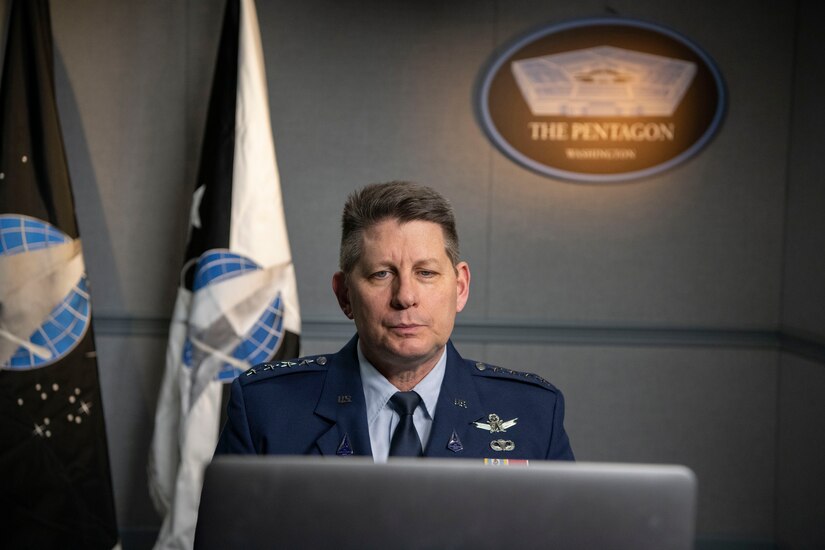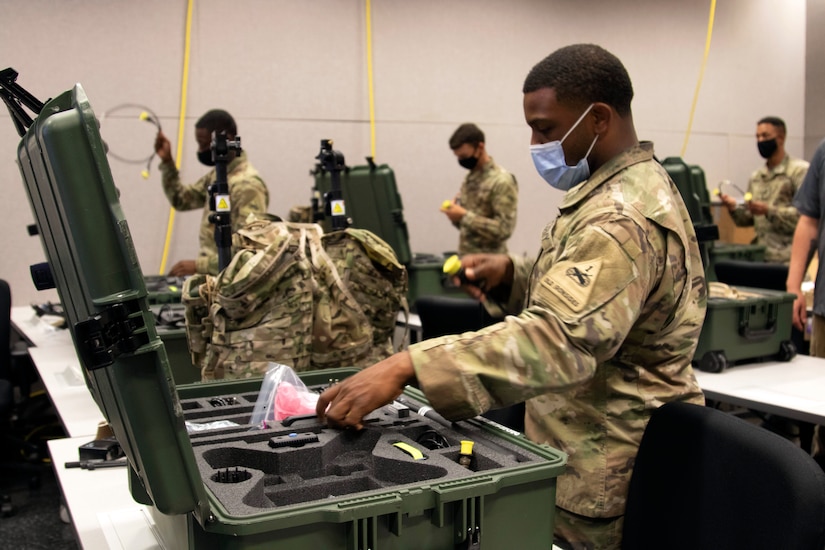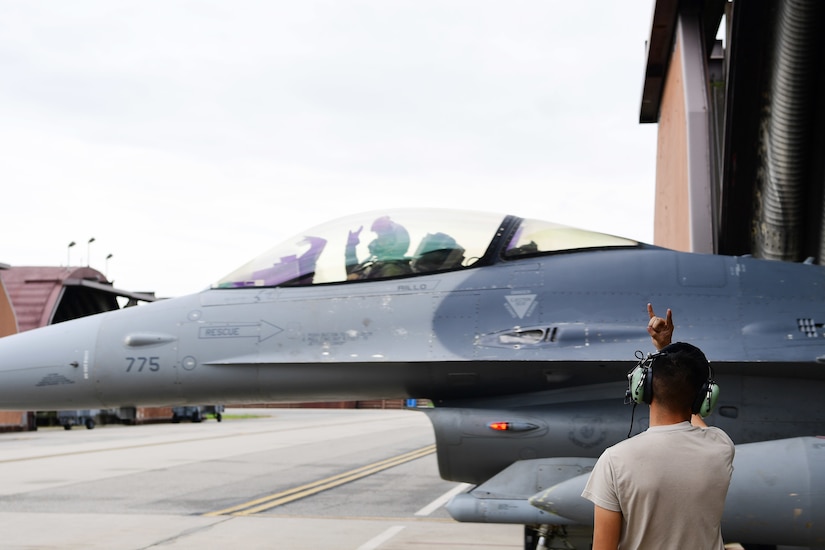Jan. 14, 2021 | , DOD News
The Space Force is responsible for delivering space capability to the joint and coalition forces, including such items as navigation, timing, electromagnetic operations, orbital warfare, GPS, missile warning, satellite communications and launch space domain awareness.

Many of those capabilities have been forward deployed to the Middle East and other areas for some time, said Space Force Gen. David D. Thompson, the vice chief of space operations, who provided virtual remarks yesterday to the Association of Old Crows, regarding space operations.
To continue to provide these and future capabilities, it is important that the Space Force has an effective and digitally fluent workforce that's adequately trained and educated to operate systems and networks in the cyberspace domain in a cyber-secure manner, he said.
Thompson stressed the service's reliance on partnerships.

The Space Force relies on the commercial sector for innovative ideas, prototypes and experimentation, he said. They can design, develop, build and field them rapidly.
The idea of prototyping quickly involves some risk of failure. But even failure can lead to solutions that spiral development, he added.
Partnerships with the joint force, combatant commands and Defense Department agencies is also important, he said.

"We have enduring relationships with the National Reconnaissance Office and the rest of the intelligence community," he said. "We not only need to maintain those but deepen those as well, especially because we're now partners with them in the need to defend and protect these capabilities from threats."
The United States can no longer afford to go it alone when it comes to space capabilities, Thompson said.
"We see nations who want to grow and evolve their space capabilities, who want to use them for economic purposes, who want to use them for civil and public safety purposes, who also want to use them for national security purposes. We see a lot of common ground with them and a lot of common interests," he said.

Traditional Space Force partners have been Canada, Australia, the United Kingdom and New Zealand, he said. Over the last few years, partnerships with France, Germany, Japan and South Korea have been expanding, along with a number of NATO nations such as Norway.
Partnerships with Brazil, Argentina, Chile and other nations, particularly in the Indo-Pacific region are also on the horizon.








No comments:
Post a Comment